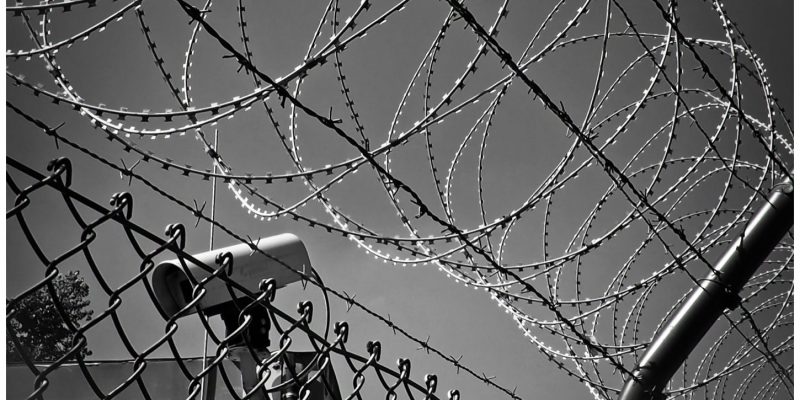In the aftermath of the most recent mass shootings, lawmakers are, yet again, shaking their fists about guns and promising to “do something about this.”
“This” is the tragic random violence enacted by deranged citizens.
The anti-gun argument stretches from criminal background checks to limiting the types of weapons available. It’s a binary debate, meant to attack the means of violence, not solve the violence itself. It’s binary in that the only defenders of the guns are gun owners, citizens easily demonized by the press and politicians.
Like smokers before them, gun owners are the target of politicians’ self-righteousness and arrogance. Lawmakers believe they can legislate us to a safer society.
And we believe them.
Since 9/11 and The Patriot Act, we have willingly surrendered our rights to the alleged greater good. We have accepted surveillance saying we have nothing to hide. We have accepted body imaging and luggage scanning saying we didn’t pack weapons. We have begun asking politicians to invade our privacy under the illusion that doing so will keep us safe.
We are afraid. Media, law enforcement, and a government obsessed with military spending have all convinced us that we are in imminent danger. From each other.
Mass shootings are terrible, dramatic, frightening things. There is no doubt they pose an imminent threat to our security as citizens in that they are random. The map is littered with them because there is no geographic pattern, no common time of day, no certain type of place, and no profiled perpetrator.
Tornados are as random. Cancer is as random. Wasp and bee stings kill more Americans each year than any terrorism, including mass shootings.
In Columbia recently, a young man was brutally beaten after leaving a bar in Five Points. While he lay hospitalized and unconscious, his mother appeared on the local news suggesting Five Points is “no longer safe” and that the area needed more cameras and more law enforcement. She asked for surveillance. What would cameras have done? They might have discouraged the act of thugs who assaulted her son. They mighthave.
They would have recorded 24-hours of citizens patronizing stores, restaurants, and bars. Gathering on sidewalks and streets. Parking their cars, paying meters, and greeting friends. Cameras would have collected data, enhanced facial recognition software, and invaded our privacy. It is unproven that they would have kept that young man safe.
We have been taught to believe that government, when it is allowed greater control, will secure our environment. When violence occurs, we call upon it to “do something about this.”
As Libertarians, a party that hopes to gain control of our government, we are called upon to offer better solutions. Better solutions than gun laws or status quo.
Government oppression is not guaranteed safety. Prisons are 100% under full government control. They employ bars, barbed wire, armed guards, and oversee a disarmed populace yet they are still very dangerous places. There is no such thing as a fully safe environment. Life is full of risks and danger and violence.
To prevent mass shootings, we must mobilize, not criminalize. We have to start with the man in the mirror. Ask, “what have we done lately to positively impact our community?” It’s not enough to simply exist, go about our own business, stay out of others’ way, and try not to litter. We need positive action in our community. Positive community engagement creates a sense of civic responsibility. Move from “Am I my brother’s keeper?” to “I care for my brother.” Make personal sacrifices of time, money, and resources to perpetuate a good and prosperous society.
When we connect with our fellow citizens, we develop compassion for them.
Digital environments cannot replicate this connection and yet they perpetuate division and distrust. We must be intolerant of the kind of digital courage that separates us, one from the other. See our neighbors in person. Look them in the eye. Adopt a rule that if we would not say this thing to their face, we will not say it in digital forums. Hold ourselves accountable.
When we change our own behavior toward tolerance, we encourage others to consider compassion.
Politicians thrive in a polarized world. The tribalism they have nurtured cedes more power to them and blinds us to the mistakes, ignorance, and greed that has become government currency. We must end tribalism, stop identifying people as “us” and “them” and start recognizing common values.
When we see one another as allies, we can address the hard problems facing the nation.
In the wake of violence, a political response that essentially says, “Do better,” does not really seem like a solution. That’s because it’s not. Libertarians do not believe government is a solution. We believe people have the ability to solve their own problems. They neither need nor should they want the mechanism of government to intervene. They should, instead, rely upon compassion and a willingness to collaborate.
We have to do better before we can be better.
Safety is not a political talking point or a government initiative. It is the responsibility of each and every one of us as citizens.

